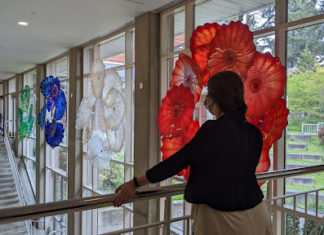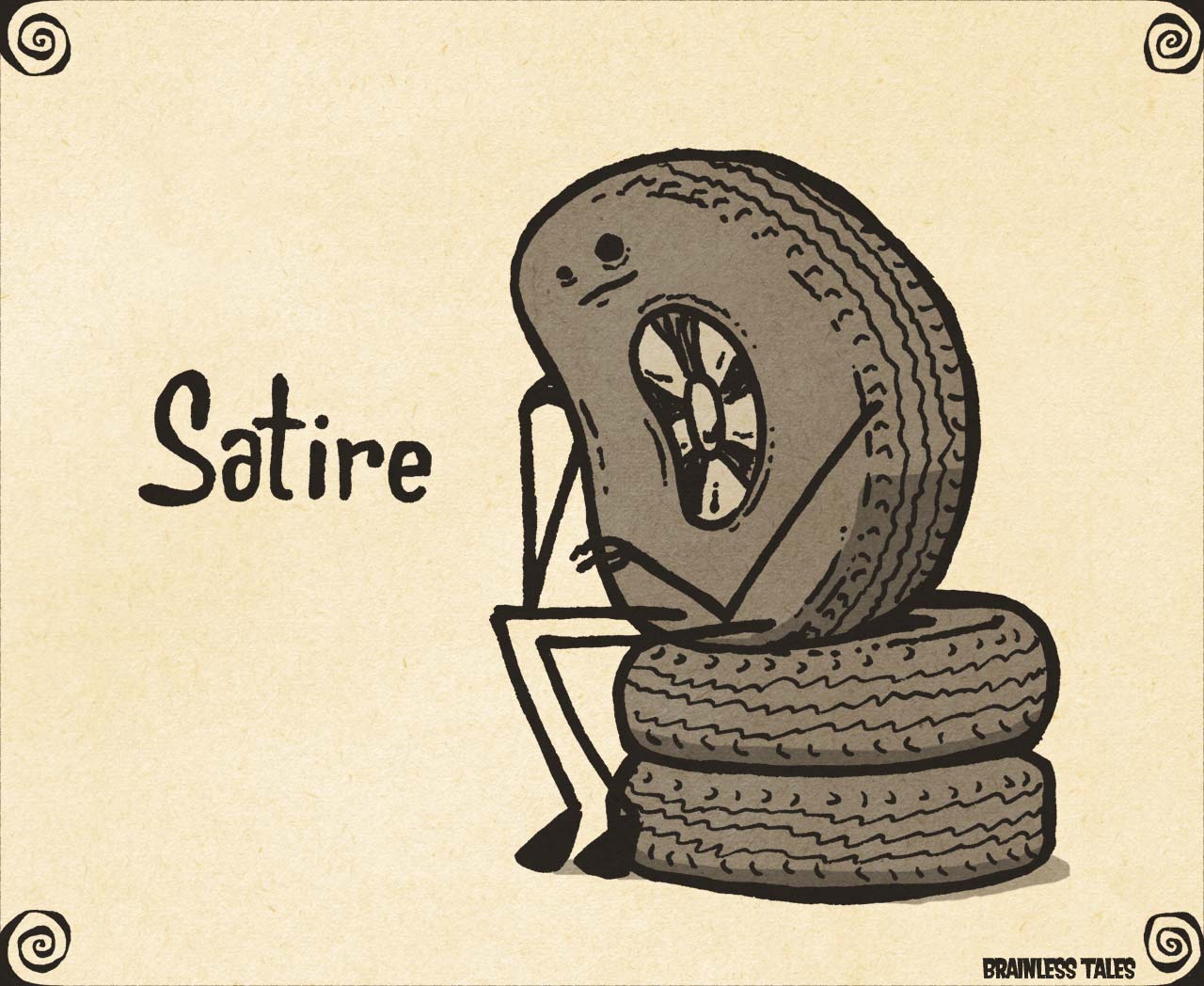
By Kaitlyn Hall, Copy Editor
It’s the most wonderful time of the year, but not just for Christians.
A nativity will occupy my mantle, celebrating the birth of Christ, and I will worship at a Christmas Eve service.
Despite its undeniable roots in Christianity, though, I can also celebrate Christmas as a cultural holiday, complete with strings of glittering lights, scratchy sweaters and images of elves and reindeer.
The 92 percent of Americans who celebrate Christmas, according to a 2013 Pew Research study, includes 80 percent of non-Christians, demonstrating the power of Christmas nationwide as a cultural holiday.
According to Pew Research, only 39 percent of traditional college-age adults, ages 18-29, celebrate Christmas as a religious holiday.
But Christmas as a cultural holiday isn’t just about presents under the tree or the round belly and hearty, booming laugh of Santa Claus.
The center of Christmas as a cultural holiday is giving gifts of time, money and kindness without an expectation of anything in return.
It’s that time of year where neighbors bring one another plates of freshly-baked cookies.
Community members sponsor families that don’t have enough money to buy Christmas gifts for their children.
Bell-ringers sit shivering outside stores collecting donations that go to shelters and food banks.
We see the material, extravagant gifts and the bustling shopping malls, but it’s our desire to give that hides behind the material façade.
We need to revel in the opportunity Christmas gives us to join together in shared celebration.
So be kind, celebrate and give—it’s the happiest season of all.





























